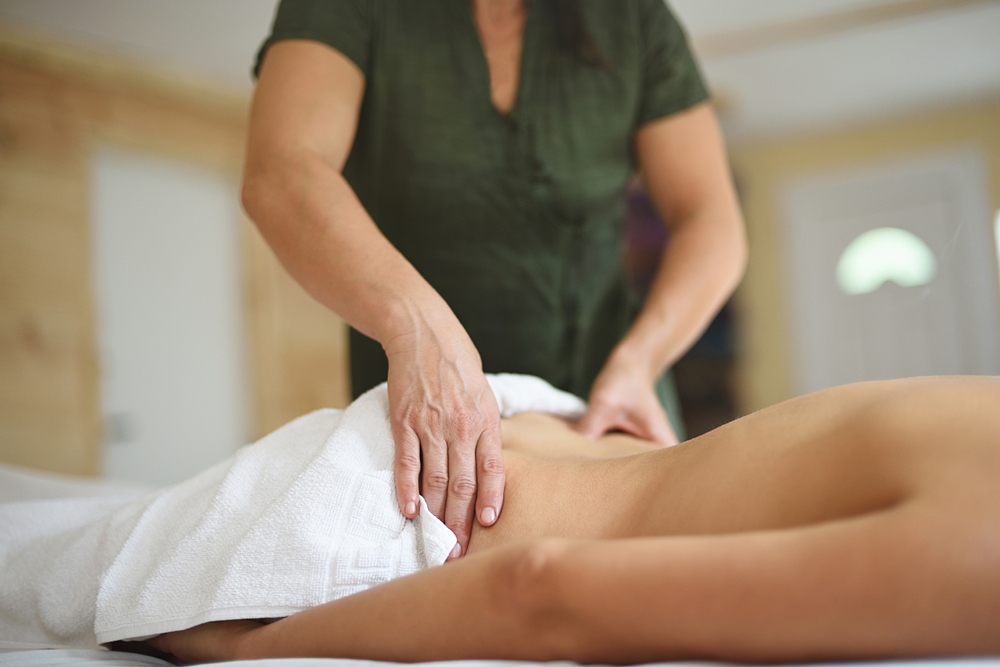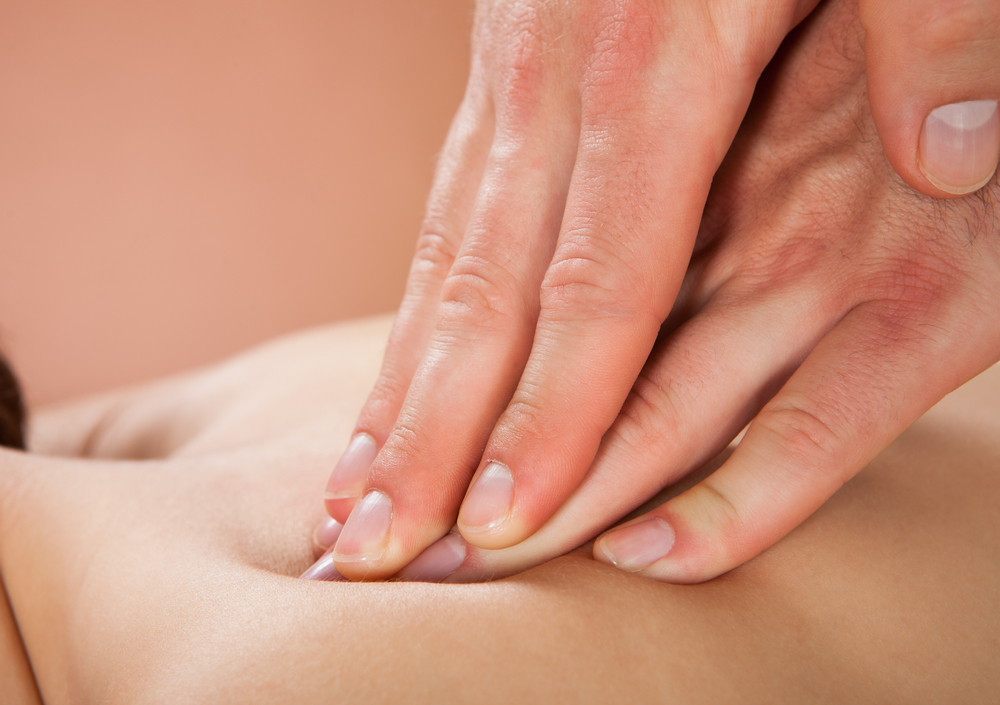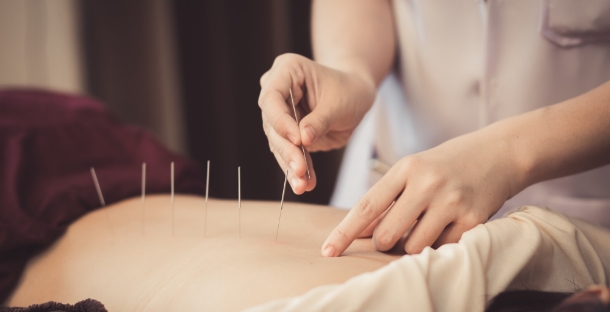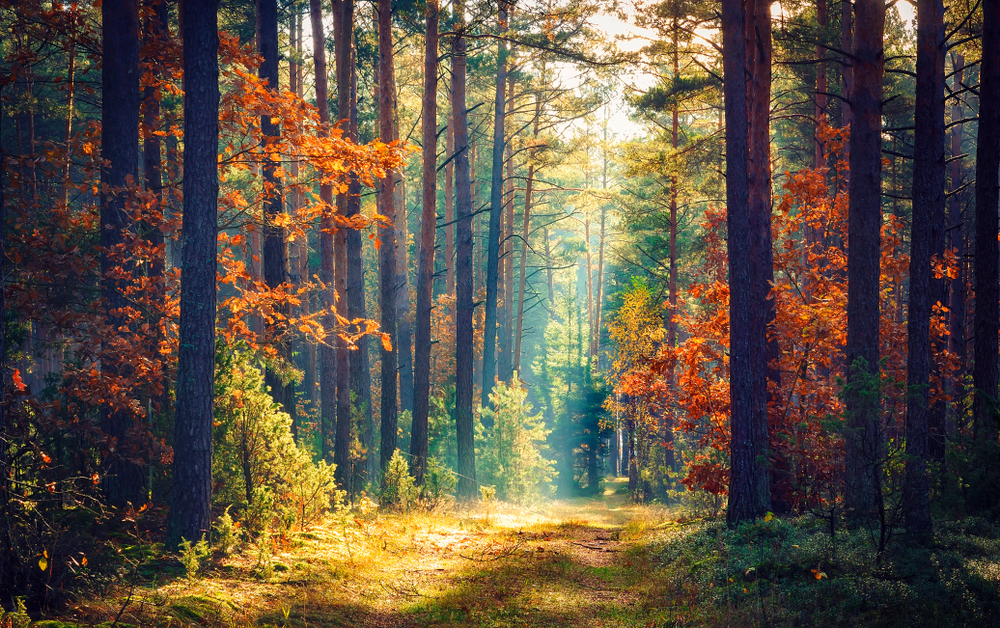
How to Transition from Late Summer to Autumn
Navigating the changing of seasons can be tricky, especially in Canada where the weather can change by the hour. Being caught unprepared for the change can leave you more vulnerable to getting sick, as well as other negative impacts on your body. Traditional Chinese Medicine teaches us that our bodies reflect the changes occurring in the natural world. Therefore, if we are mindful of the on-coming season’s energetics, we can adapt smoothly. Below, you’ll find a useful guide on the aspects of both late summer and autumn, as well as information that will help you take advantage of the change in season.
Why are the seasons important in Traditional Chinese Medicine?
In Traditional Chinese Medicine, the body is viewed as a microcosm of the larger surround universe. Each season corresponds with one of the five natural elements – fire, earth, metal, water, and wood. These elements also exist within us. The abundance of a season’s element can cause imbalance that disrupts our health. To maintain good health, TCM councils that we pay close attention to the bodily system’s most influenced by each season’s element, to nourish our bodies with foods that promote balance, and to engage in activities that harmonize with that season’s energy.
The principle of the five elements
There are five elements in TCM: wood, fire, earth, metal, and water. All of nature can be organized into one of the five elements. Called Wu Hsing in Chinese, the five elements principle provides us with a blueprint to understand how nature interacts with and impacts our bodies. Every element has a season, direction, climate, stage of growth, internal organ, emotion, and aspect of the soul. To maintain harmony and balance, we need equal measures of each of the five elements.
How does late summer differ from autumn?
While late summer is a transitional season where both Yin and Yang energy is prevalent, autumn is fully in Yin. This shift away from the active and expansive to the calm and introspective is the biggest change that we face as autumn starts. If not navigated well, we can find ourselves overworked and burnt out. To more clearly understand and anticipate this shift, it helps to know how Traditional Chinese Medicine defines each season.
Late summer according to Traditional Chinese Medicine
Unlike in the western world, TCM includes a fifth season. Late summer is the period between the summer solstice and autumn equinox. The element for this season is earth, which represents stability, cultivation, and is the centre of the cosmic wheel of eternal motion. This is a transitional season when we start to move from the energetic seasons of spring and summer into the more inward and introspective seasons of autumn and winter.
The two organs associated with late summer are the spleen and stomach. The spleen is responsible for creating both blood and Qi. It transforms the food we eat into Ying Qi, or nutritive Qi, and transports it to other parts of our bodies.
The stomach is responsible for digesting food and drink, but equally important, it’s responsible for digesting our emotions. Worry, anxiety, and overthinking are all emotions associated with the stomach.
Autumn according to Traditional Chinese Medicine
Autumn is the season where we begin to turn inward. The days grow shorter, and nature prepares for the long hibernation of winter. This season is ruled by the metal element, which represents organization, order, communication, and setting boundaries. Autumn presents us with the opportunity to start planning our own hibernation in the winter.
The organs represented by autumn are the lungs and large intestine. The lungs are responsible for taking in the new. This manifests physically in respiration – taking in fresh air and expelling CO2. Emotionally, this manifests in clear thinking, openness to new ideas, and self-compassion.
The large intestine is responsible for letting go of wastes. The last stage of digestion takes place in the large intestine. Emotionally, the large intestine helps us to let go of that which does not fuel us.
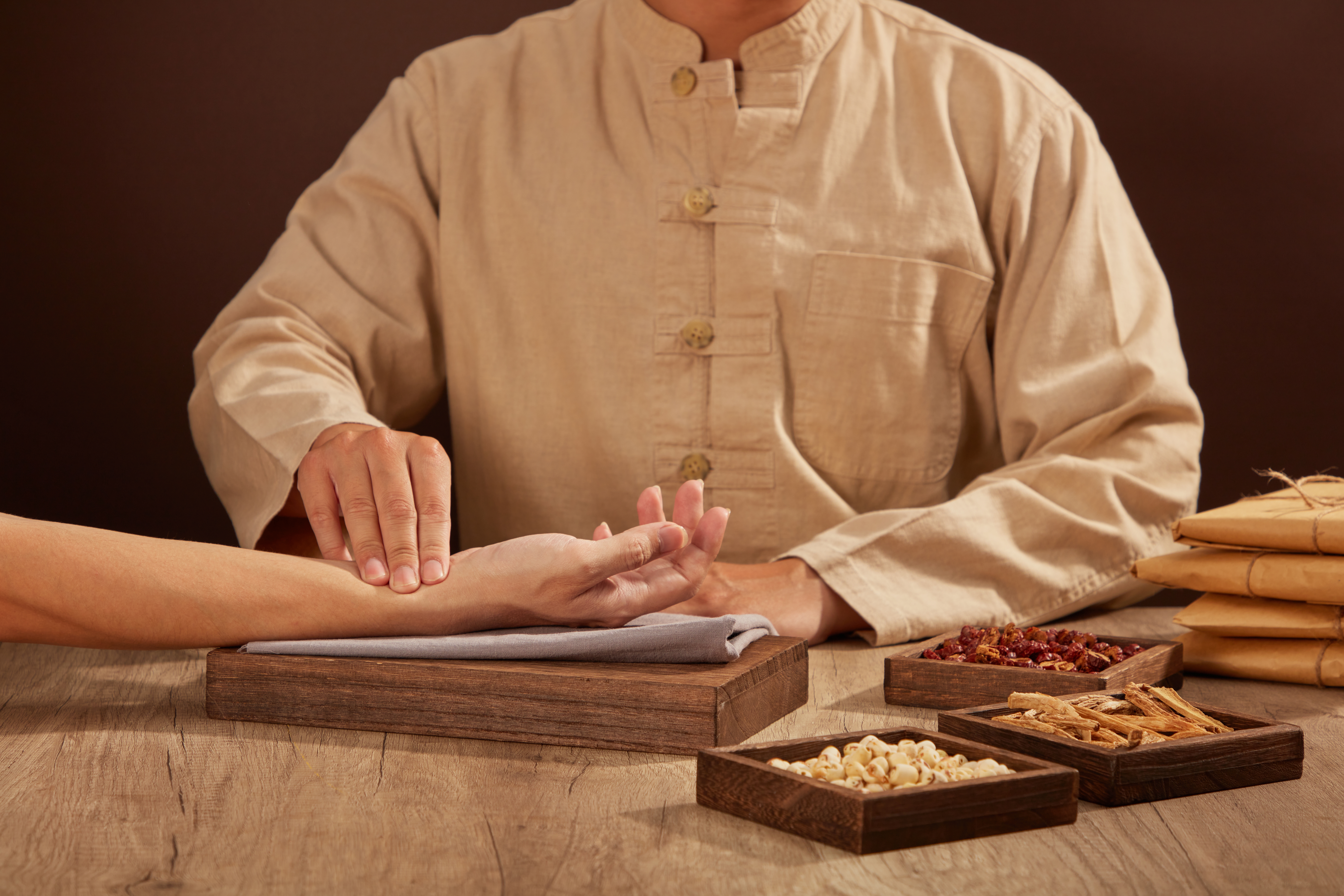
How to transition from late summer to autumn
When it comes to making a smooth transition from winter to spring, there are several things you can do to prepare for the change. Other than booking your autumn tune-up acupuncture appointment, you’ll want to focus on nourishing your body and letting go of both emotional and physical baggage. The following are some areas to focus on:
Time to slow down
Autumn is the first of the Yin seasons. It’s time to start staying in more and being less active. Yin energy is the receptive and dark counterpoint to Yang’s expansive and bright energy. That’s why we need to watch out that we don’t overwork ourselves. Much as nature prepares for the long winter by dropping leaves and going dormant, we also need to start conserving our energy and prioritize that which nourishes and restores us. This is a good opportunity to start meditating or practicing mindfulness in your daily life.
Focus on letting go
The organs associated with autumn are the lung and large intestine. Both organs manage grief and sadness, but more importantly our ability to process and let go of those emotions. That’s why the theme for autumn is to let go. Take this opportunity to sit with your emotions and assess what you may be holding onto needlessly. Ask yourself if you’ve been putting energy into things out of obligation rather than true need or desire.
Start planning and organizing for winter
Playing into the theme of letting go, autumn is the ideal time to clean out and organize your home. Clean out your closet; get rid of clothing you haven’t worn in years; finally tackle that junk drawer; throw out those charging cables for devices you don’t even own anymore.
Part of this process of casting off unnecessary objects is to help you clarify your goals and intentions. Laying this groundwork will position you to best take advantage of the introspective and restorative season of winter.
Tend to your lungs and large intestine
During autumn, cold starts to creep into the body. To protect your lungs and large intestine, be sure to dress warmly when going outside, especially on windy and damp days. It’s also important to avoid eating raw or cold foods, as well as drinking cold fluids.
Getting fresh air is helpful to lung health but be sure not to spend much time out in extreme weather if you can avoid it. Focus on your breathing, ensuring that you take deep breaths that expand your diaphragm and exhale fully. And while it might be tempting to start slacking off, it’s important that you maintain your regular level of exercise and activity.
